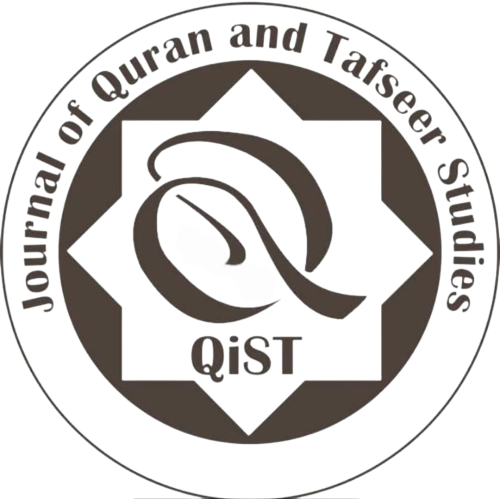Diagnosing Poverty Eradication Through Literacy: Analysis from Indonesia National Socioeconomic Survey
Abstract
Literacy can be interpreted as a tool for the development of global society. However, the low literacy rate in Indonesia obstructs the quality of human resource improvement in education. Based on data from the PISA (2019), Indonesia is ranked 62nd in the literacy level from 70 countries. Quality of education is one of the economical ways to reduce the illiteracy that is interrelated to poverty. A question arises as to whether literacy-based cognitive abilities can reduce poverty . Previous studies on education for poverty eradication were limited to the regular cognitive domain. This study attempts to fill that gap. A Probit regression model was used with the probability of becoming poor as the dependent variable. A set of literacy-based cognitive abilities, such as age, gender, education level, and geographical factor are used as explanatory variables. According to 2019 National Socioeconomic Survey data, the analysis indicated that literacy-based cognitive abilities have a significant negative impact on poverty. Literacy has often been limited to the ability to read, write, and perform basic arithmetic. In order people to function effectively in their communities, the government should put focus on education attainment that cultivates functional literacy. It refers to the practical skills needed to read, write, and perform math for real-life purposes.
















